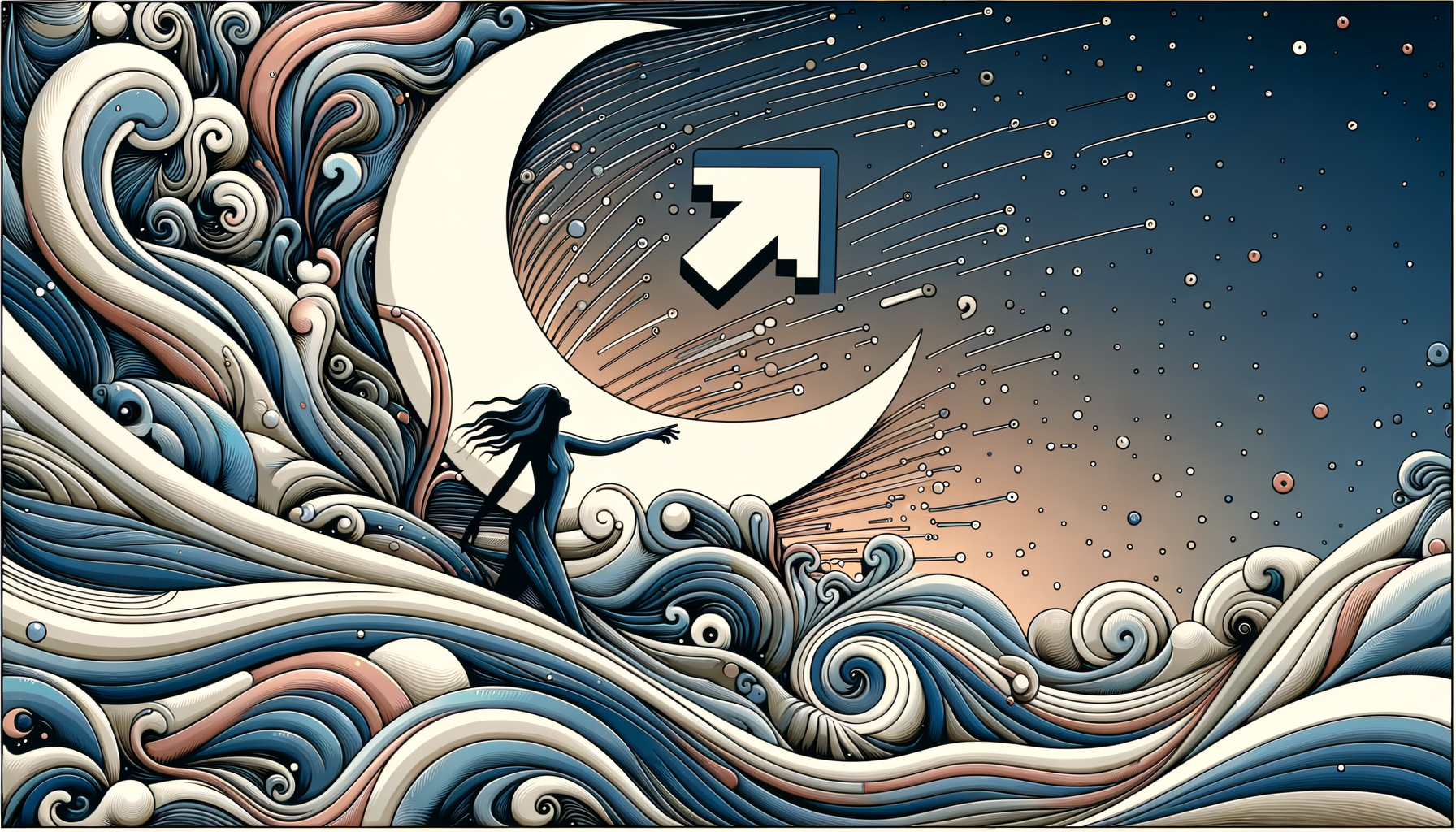That One Time Words Failed Me
Some writing projects leave you sleepless for thrilling reasons—creative adrenaline, a burning idea that won’t quit, or the satisfaction of nailing the perfect turn of phrase. Others? Well, they keep you awake like a poorly timed cup of coffee, a mess of self-doubt, and a blinking cursor daring you to try again. This is the story of one of those projects—the hardest piece I’ve ever written—and why it stuck with me long after I hit “submit.”
Spoiler: It wasn’t difficult because of a tight deadline or a cranky editor (both of which I’ve survived, thank you very much). It was hard because it forced me to write about something so personal, so uncomfortable, and so undeniably raw that I couldn’t hide behind witty wordplay or clever references. I couldn’t fake it. And let me tell you—sometimes authenticity feels as stressful as showing up to a first date wearing socks that don’t match.
Let’s unpack this together.
When the Assignment Gets Personal
It started innocently enough. My editor wanted a piece about authenticity in relationships—a topic that screams “important,” “relatable,” and “heartwarming,” right? I thought so too. But as I sat there brainstorming angles, one question kept bubbling up: How honest am I, really?
The truth smacked me in the face like the Sex and the City episode where Carrie’s computer crashes just as she finishes an entire book draft. I wasn’t as authentic as I thought—not in that “Instagram vs. reality” kind of way but in subtler (yet equally sneaky) ways. I’d told myself it was safer to be the “easygoing girlfriend,” the one who didn’t mind canceled plans or pretended sushi for the fourth time this week was fine. I’d minimized my needs in relationships because voicing them felt risky.
So, I decided to write about it—a piece that examined my tendency to “chameleon” my way through dating, shifting to accommodate everyone else while my wants receded into the background. Easy, right? Except it wasn’t.
Procrastination and Panic: A Timeline
Day 1: Sat at my desk with a cup of tea (in a ceramic mug because I am evolved), determined to start fresh. I wrote two sentences, hated them, deleted them, and accidentally wandered onto YouTube. Did I need to watch three videos about how to make sourdough bread from scratch? No. But did I? Absolutely.
Day 2: Attempted another draft. Convinced myself that a quick closet clean-out would bring clarity. This, friends, is a lie we tell ourselves when we’re avoiding hard things.
Day 3: Panic. Realized I couldn’t back out. Made the bold decision to actually write—messy feelings and all.
Writing the Ugly Stuff
Here’s the thing about honesty: It’s freeing in theory and terrifying in execution. There’s a certain vulnerability in admitting that you’ve done things in relationships you’re not proud of. For me, it was pretending I was cooler than I am. Take the time a date casually mentioned skydiving, and instead of saying, “That’s my idea of absolute terror,” I said, “That sounds fun!” Why? Because I didn’t want to appear “boring.” (Translation: I didn’t want to be rejected.)
I wrote about those moments—moments where I betrayed myself for a shot at connection. And it wasn’t glamorous. The process felt less like writing and more like…therapy. I cringed at every revelation. (Seriously, how had I gotten to my 30s as someone who didn’t know how to say, “I’m not actually into that” without thinking it was the end of the world?)
But as the words poured out, I started to see a theme. Every time I stifled my true self—whether it was laughing at jokes I didn’t find funny or pretending to love live jazz (I’ll take Sade at home in pajamas, thanks)—I was cheating myself and cheating my partner of the opportunity to meet all of me.
What I Learned (So You Don’t Have To)
As excruciating as that essay was to write, it changed me. It gave me clarity about how I wanted to show up—not just in relationships but in every part of my life. So, if you’re reading this and thinking, “Okay, but how do I get brave enough to be myself without freaking out?” here are a few truths I’ve picked up along the way:
-
You are not all things to all people. Stop trying to be. It’s exhausting and unsustainable. You deserve a connection built on honesty—not on a caricature of who you think someone wants you to be.
-
It’s okay to be complex. People who really matter will find your quirks intriguing, not off-putting. You despise cilantro? Hate rom-coms but secretly cry at action movies? Own it.
-
Rejection happens—and that’s okay. Not everyone is going to vibe with the fullest version of you. But isn’t it better to let that sort itself out early on? Better one “Thanks, but no thanks” than a lifetime of pretending to be someone you’re not.
-
Practice micro-authenticity. Start small. Say no to something you don’t want to do. Admit that you’ve never read Moby Dick instead of nodding along in silent agreement during a conversation about “classic literature.” Tiny moments build big courage over time.
The Piece That Wrote Me Back
Here’s what I didn’t expect: Writing that essay broke me down, but it also put me back together. For the first time, I felt proud of my words—not because they were perfect but because they were true. The hardest piece I ever wrote turned out to be the most important story I’ve ever told—a reminder to myself (and anyone who needed to hear it) that being real is way scarier than pretending, but infinitely more rewarding.
So here’s my ask: When you’re tempted to show up like the polished version of yourself, pause. Take a breath. And let the quirks out—the messy, wonderful, complicated bits that make you, you. Because at the end of the day, the relationships that matter will love you for the real thing, not the highlight reel.
And trust me, being yourself? That’s the ultimate mic drop.




















